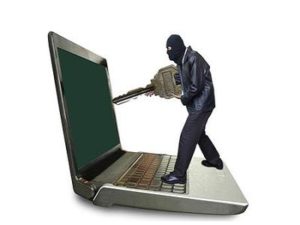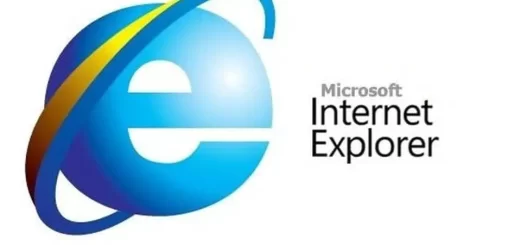Steps to protect your computer from Hackers and Predators
Computer Hackers and Predators
The computer hackers are the unauthorized users who break into the computer systems to steal, change or destroy the information, by installing the dangerous malware without your knowledge or consent, They have clever tactics and detailed technical knowledge that help them access the information you really do not want them to have.
The people, not the computers, create the computer threats, The computer predators victimize the others for their own gain, Give the predator access to the Internet and your PC, and the threat they pose to your security increases exponentially.
The viruses or the contaminants are the set of computer instructions which are designed to modify, damage, destroy, record, or transmit the information within the computer system or the network without the permission of the owner.
They are designed to infect the other computer programs or the computer data, consume the resources, modify, destroy, record or transmit the data, and disrupt the normal operation of the computer system, The computer crime laws encompass the variety of actions which destroy or interfere with the normal operation of the computer system.
The people who use the computers that connected to the Internet are susceptible to the threats which the computer hackers and the predators pose, The online villains usually use the phishing scams, the spam email or the instant messages and the bogus websites to deliver the dangerous malware to your computer and compromise your computer security.
The computer hackers can try to access the computer and the private information directly if they are not protected by the firewall, They can monitor the chat room conversations or peruse the personal Web page, They disguise with the bogus identity, the predators can lure you into revealing sensitive personal and the financial information, or much worse.
When the computer is connected to the Internet, the malware and the hacker can install the programs on your PC to transmit your personal information, Or, the computer predator can pounce on the private information you unwittingly revealed.
The computer hackers may hijack your usernames and passwords, They can steal your money and they can open credit card and bank accounts in your name, and they may ruin your credit, You can check your personal accounts accuracy, the credit cards and the documents, The dangerous malware installed by the predators or the hackers may already be lurking.
The computer predator can request the new account Personal Identification Numbers (PINs) or the additional credit cards, They may make the purchases, They can add themselves or an alias that they control as the authorized user so it is easier to use your credit.
The computer hackers can obtain cash advances, They can use and abuse your Social Security number, They can sell your information to the other parties who will use it for illicit or illegal purposes, They can pose the serious physical threat, They can use the extreme caution when agreeing to meet the online friend or acquaintance in person.
Steps to protect your computer from hackers and predators
You should check the accuracy of the personal accounts and deal with any discrepancies right away, You have to use the extreme caution when entering the chat rooms or posting the personal Web pages, and limit the personal information you post on the personal Web pages.
You have to carefully monitor the requests by online friends or acquaintances for the predatory behaviour, You should keep the personal and financial information out of online conversations, You have to use the extreme caution when agreeing to meet the online friend or the acquaintance in person.
You should use a 2-way firewall, You have to update your operating system regularly, You can increase your browser security settings, and you should avoid the questionable Web sites.
You can only download the software from the sites you trust, You can carefully evaluate free software and the file-sharing applications before downloading them, and you can practice safe email protocol.
You should not open the messages from the unknown senders, You should immediately delete the messages you suspect to be spam, You have to make sure that you have the best security software products installed on your PC, You can use antivirus protection, and you can get anti-spyware software protection.
The unprotected computer is like the open door for the computer hackers and the predators, To take it the step further, You can protect your computer from the hackers by using the spam filter or the gateway to scan the inbound email or IM messages.
Spam email and phishing scam risks & Can it be dangerous to open spam emails?
Tips for protecting your computer from Viruses, Spyware and Hackers




